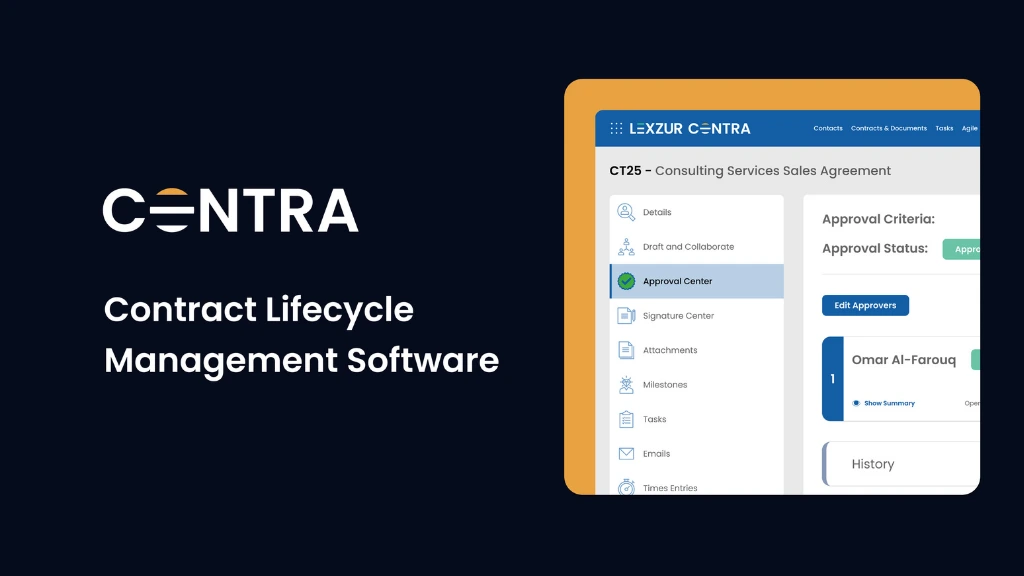What Is Intellectual Property IP?
Intellectual property (IP) refers to creations of the mind, including inventions, literary and artistic works, symbols, names, images, and designs used in commerce.
Intellectual property is any form of creativity or knowledge created by an individual or group. This includes inventions, designs, artwork, literature, and music. Intellectual property is protected by law so that others cannot use it without the owner’s permission. There are three main types of intellectual property rights: copyright, trademarks, and patents. Copyright protects original works of authorship, such as books, movies, and computer programs, where trademarks protect brand names and logos, while patents protect inventions and designs.
IP is divided into two categories:
1. Industrial property which includes inventions (patents), trademarks, industrial designs, and geographic indications of source.
2. Copyright includes literary and artistic works such as novels, poems and plays, films, musical works, drawings, paintings, photographs, sculptural works, architectural designs, and computer programs.
Laws Protecting Intellectual Property
With the expansion of technology and communication, the importance of intellectual property ownership has increased, encouraging businesses to design effective policies concerning intellectual property rights. Laws that protect intellectual property are designed to encourage creativity by providing financial incentives for people to create new works. These laws give creators the exclusive right to profit from their work for a limited time, after which the work enters the public domain and can be used freely by anyone. This system incentivises creators to generate new works while ensuring that the public can access a wide range of creative works over time.
Several laws protect intellectual property, including patents, copyrights, and trademarks. These laws give inventors and creators the sole right to profit from their work for a set period. This allows them to recoup their investment and earn a return on their work while providing the public with access to new products and ideas.
There are three intellectual property laws: copyright, trademark, and patent. Copyright protects creative works like books, music, and art, Trademark protects brands and logos, and patent protects inventions. Each type has its own rules and requirements. Copyright lasts for the creator’s life plus 70 years. Trademarks can last indefinitely if properly maintained. Patents typically last 20 years (BiLegal).
How to Manage Intellectual Property IP?
There are a few key things to keep in mind when managing your intellectual property.
- First and foremost, you must be aware of intellectual property and how it can be used.
- Secondly, you need to know how to protect your intellectual property so that it cannot be used without your permission.
- Finally, you must know how to enforce your intellectual property rights if they are violated.
Intellectual Property Best Practices
There are some best practices when it comes to managing intellectual property.
1- Concise IP Policy
It is important to have a clear and concise IP policy in place. This policy should be accessible to all employees and outline the company’s position on intellectual property.
2- Training and Awareness
Secondly, all employees should be made aware of the policy and be trained on how to comply with it.
3- Official Registration
Thirdly, any IP created by employees should be promptly registered with the relevant authorities.
4- Monitoring and Management
Finally, any IP acquired by the company should be carefully monitored and managed to ensure that it is used in accordance with the contract terms.
How to Protect your Intellectual Property IP
There are several ways to protect your intellectual property (IP), and the best approach depends on your IP type, the resources available to you, and your business goals. One common approach is to file for a patent, which gives you exclusive rights to make, use, and sell your invention for a limited time. Other IP protection strategies include trademarks, copyrights, and trade secrets.
When protecting your IP, there are a few key things to keep in mind.
- First, you need to be aware of the different types of IP protection and how they work.
- Second, you need to know when and how to file for IP protection.
- And third, you must plan what to do if someone infringes on your IP.
How to select the right intellectual property management system?
There are a few things to consider when selecting an intellectual property management system.
- The size of the system. You will need a system to handle the volume if you have many intellectual properties.
- The type of intellectual property. You will need a system to manage all three types if you have patents, trademarks, and copyrights.
- The level of automation. If you want a system that will do everything for you, you will need to find one that is fully automated.
- Finally, you need to consider the price. Intellectual property management systems can be expensive, so you must find one that fits your budget.
Lexzur The Best Enterprise Labelled Intellectual Property Management System
Lexzur is an all-in-one legal management software with advanced intellectual property management features that help companies manage and track their databases of trademarks, patents, logos and more. The system works as a single base for all IPs, enabling the stakeholders and other contributors to take any required action based on a consistent data set.
The system gives enterprises a comprehensive Intellectual properties management solution that’s easy to configure, set up, and use — making it easier to engage your stakeholders and manage your IP portfolio strategically.






Leave a comment